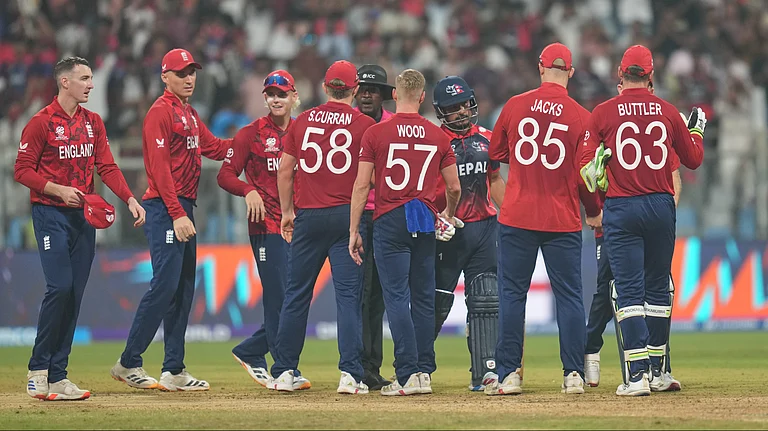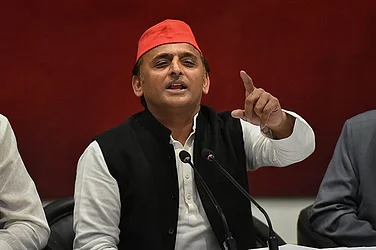The Madras High Court on Friday, September 29, upheld the convictions of over 200 government officials from the forest, police and revenue departments of Tamil Nadu for the atrocities committed on the residents of Vachathi tribal village in Dharmapuri district in 1992, including cruelty, rape and ransacking village properties.
Justice Velmurugan directed the Tamil Nadu state government to pay compensation of Rs 10 lakh to each victim and give them suitable employment. He also called for stringent action against the then district collector, district forest official and superintendent of police for having failed to take action despite complaints regarding the atrocities.
What happened in Vachathi?
In June 1992, forest and revenue personnel entered Vachathi, a village in Tamil Nadu’s Dharmapuri district, to conduct a 'search operation' to trace dacoit Veerappan's sandalwood - officials alleged that the sandalwood was smuggled and hidden by Dalits and Adivasis in their village, Live Law reported. The officials were also seeking more information on the dacoit's whereabouts.
They conducted raids on the village, assaulted women, damaged village properties and killed their cattle. Eighteen women were raped and tortured, and many men were beaten up. Most women were left behind in their homes during the raids while the men of the household escaped to the nearby hills where they remained in hiding for months, BBC reported. More than 100 women and children were taken into custody and jailed for months under fake charges.
How did the investigation progress?
When the rape victims lodged a complaint at Harur police station on August 22, 1992, officials denied any wrongdoing. An "objective and independent" report of the incident was submitted by the Revenue Divisional Officer, who was asked to visit Vachathi and conduct an inquiry. The report claimed that the “alleged rape incident cannot be believed” and that the “villagers themselves damaged their houses, in order to put the blame on the forest and police officials”.
After multiple campaigns by civil society activists and members of the Communist Party of India (Marxists), the Madras High Court ordered a CBI inquiry, but almost three years after the incident. Initially, the court had also rejected a PIL filed by the CPI (M) on the grounds that government officials would not have indulged in such acts and hence the case was not fit for being taken up as a PIL.
The CBI, in its report, confirmed that the policemen and officials ran amok, thrashing men, women and children, and demolishing huts.
It was only in June 2011, almost 20 years after the incident, that the designated trial court sentenced all the 215 surviving persons of the 269 accused in the case, including 126 forest personnel, 84 police personnel and five revenue personnel, and four Indian Forest Service (IFS) officers as well. The rest of the accused passed away during the course of the investigation. The jail terms for the various offences they were convicted under ranged from one year to 10 years.


























